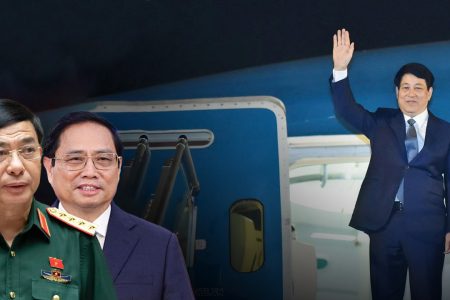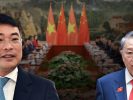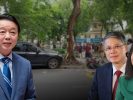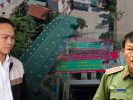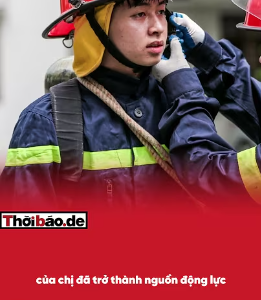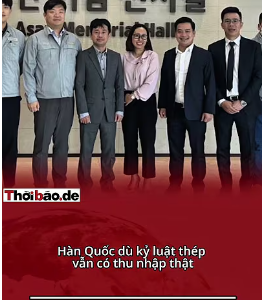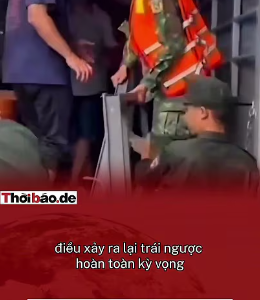
With the number of independent candidates decreasing compared to previous elections and the dominance of the Communist Party in Vietnam’s National Assembly, international media said that the upcoming May 23 election was „useless“ because only create more monopoly of the Communist Party.
The number of independent candidates decreased in the election of the 15th National Assembly compared with previous elections, Reuters news agency said on May 21.
In this election, there are only 9 self-nominated candidates, of whom 6 are party members. Overall, there are only 74 non-party candidates out of 868 candidates competing for 500 seats in the National Assembly for the 2021-2026 term, compared with 97 non-party candidates in the 2016 election.
The Diplomat magazine published an article on May 19 by the author Mu Sochua, currently, an ASEAN MP on Human Rights (APHR) and a former member of the Cambodian National Assembly, arguing that the May 23 election in Vietnam is “futile” because it is organized only to “cement the monopoly of the political power of the Communist Party of Vietnam.”
“As with previous elections, the Communist Party of Vietnam is expected to dominate the election results and extend its rule for the next five years. Voter turnout on polling day is also expected to be high,” said Mu Sochua.
He also said that elections in Vietnam are not free and unfair, similar to Laos, where there is no independent body to monitor elections.
In addition to the National Election Commission led by the Party and election consultations organized by the Fatherland Front, the Vietnamese government also harassed and persecuted those who wished to run for office, The Diplomat reported.
Mr. Tran Ngoc Son was arrested under Article 331 of the Criminal Code, Vinh Phuc newspaper announced on May 20, 2021.
Reporter Michael Caster, the co-founder of the human rights organization Safeguard Defenders, wrote on Twitter on May 20 that „the detention of self-nominated candidates because they only discussed the law and politics of Vietnam on social media is further proof that the upcoming election will be nothing more than a farce.”
On May 20, the human rights organization Article 19 condemned the Vietnamese government’s detention and harassment of those who wished to stand for self-nomination.
Article 19 frequently emphasizes that electoral protection requires more than ensuring that voters have access to the ballot. „Citizens have the right to be informed and candidates have the right to freely communicate with the public,“ the organization wrote.
On social networks, there were calls for a boycott of the Vietnamese election.
From Ho Chi Minh City, dissident medical doctor Dinh Duc Long told VOA that he will not vote on May 23 because he thinks he has not had direct contact with the candidates and „doesn’t have a conditions to monitor their behavior as people’s representatives.“
Human rights activist Tran Bang in Saigon wrote on Facebook on May 21: „Elections show the people’s political freedom! Political freedom without the freedom to form a party is a hoax! I boycott the one-party election!”
Previously, Mr. Tran Bang wrote: „Boycott the fake election, saving nearly VND3.7 trillion [$158 million] in taxes!“
The Central Commission on Propaganda and Education of the Communist Party of Vietnam wrote: “In our country, the election is an important institution of democracy, a legal foundation for the formation of titles and leading bodies of member organizations of the political system.”
The 2020 United Nations Joint Declaration on Freedom of Speech and Elections in the Digital Age reaffirms that the principles of the free exchange of information and ideas on political and public issues between citizens, candidates, and elected representatives are essential, and this principle exists equally for digital and traditional media.
Vietnam is consistently classified by many international organizations, such as Freedom House and The Economist, as “not free” and “authoritarian.” The Economist has gone so far as to place Vietnam at the bottom of the Asia Democracy Index – just ahead of Afghanistan, China, Laos, and North Korea.
Thoibao.de (Translated)
















